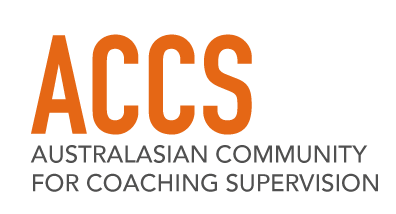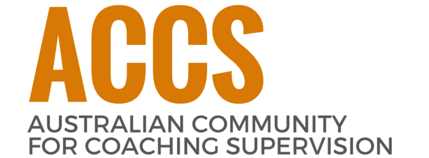As The Supervisee: Getting the Most Out Of, and Preparing for, Supervision
As the Supervisee you will be responsible for
- Preparing for your supervision session: what area of your work is it that you want to bring to supervision
- Presenting your work and relevant issues: for saying what is wanted, needed, what you may be concerned or happy about, or want to explore
- Being willing to engage in and hold an open mind in sessions toward gaining perspectives that may be different to any existing ones you hold
- Thinking about and developing your learning (objectives); and applying the learning
- Feedback to self and supervisor
- Keeping your own notes of sessions
- Your own confidentiality of the process of supervision and the content of sessions for your own reflective process and learning
- Ongoing reflective process and exploration of the content you bring between sessions as needed and some reflective process
More About Post Supervision Reflection
As with coaching, much of the value and learning from supervision may come from the ongoing reflective process you begin to enter into post supervision sessions and so it is worthy to allow some space for this to get the most out of your experience.
Some ideas of post session reflective questions are:
- What have been my key learnings/insights?
- What will I be doing differently? What actions do I take going forward into my work? What will I experiment with? What will I be doing the same?
- What will success look like? In general? With this client?
- What are the key development areas going forward? How may I address these?
- What, if any, are the themes and patterns emerging in my practice?
- It may also be extremely useful to bring back some of these post session reflections to future supervision session to explore your perspectives.
As The Supervisor: Their Responsibilities in the Relationship
The supervisor’s roles and responsibilities encompass:
- Clearly and effectively communicating with the supervisee to clarify what it is they need from their supervision and to asking for input on how they want to, or the way they prefer to work
- Ensuring a good fit between supervisory approach and supervisee’s needs
- Being willing to share about their professional training, experience and history as a supervisor
- Outlining the initial and ongoing contract of supervision as well as any sessional contracting
- Being able to understand the system within which the supervisee works, i.e. self-employed, in-house coach, team / individual coaching, etc.
- Giving and receiving feedback
- Monitoring the supervisory relationship
- Creating a safe place where issues can be discussed openly and honestly
- Monitoring ethical issues
- They may suggest texts, books, web sites, courses, other institutions and professionals if appropriate
- Sharing with the supervisee as appropriate or as requested if needed, resources at their disposal, knowledge, skills, experience and expertise. As well as exploring with the supervisee their need for such.
- Being on time and time keeping
“Coaching Supervision is to help you to step back from your work so that you can take a meta-perspective or a broader view, of your practice. “


Comments are closed.